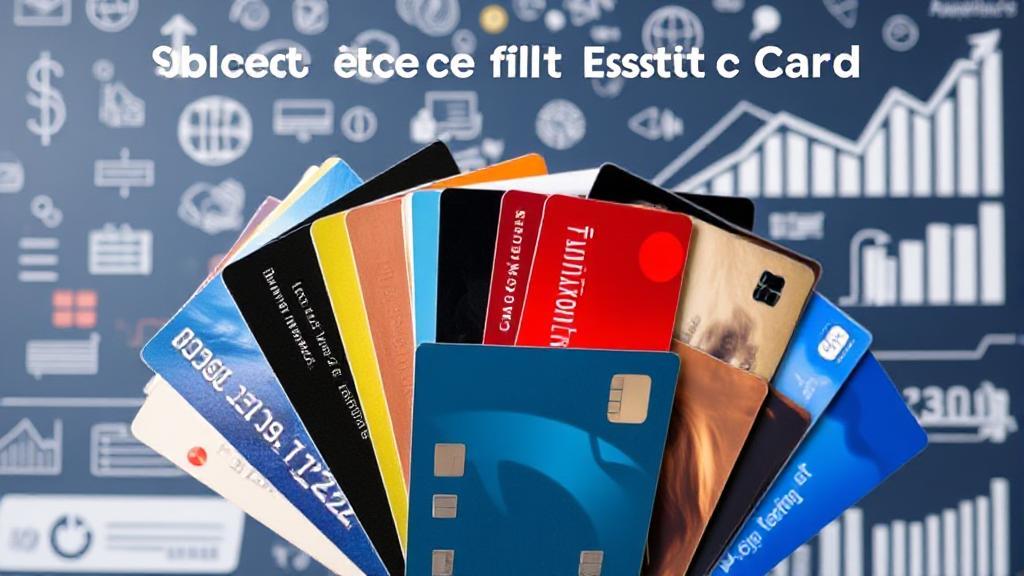Understanding Credit Card Basics
Before diving into specific cards, it's essential to understand how credit cards work. A credit card allows you to borrow money up to a certain limit to make purchases or withdraw cash. You are required to pay back the borrowed amount, usually monthly, and interest is charged on any unpaid balance.
Key Terms to Know
- Credit Limit: The maximum amount you can borrow on your card
- APR (Annual Percentage Rate): The interest rate charged on unpaid balances
- Annual Fee: A yearly fee charged by some credit card companies
- Rewards: Benefits offered by credit cards, such as cashback, points, or miles
What to Look for in Your First Credit Card
1. Low or No Annual Fee
As a beginner, look for cards with minimal fees. Many excellent starter cards charge no annual fee, allowing you to build credit without extra costs.
2. Reasonable APR
While you should aim to pay your balance in full each month, having a lower Annual Percentage Rate provides a safety net if you need to carry a balance occasionally.
3. Credit Building Features
Look for cards that:
- Report to all three major credit bureaus
- Offer free credit score monitoring
- Provide credit education resources
Top Recommendations for Beginners
Secured Credit Cards
1. Discover it® Secured Credit Card
- Annual Fee: $0
- Rewards: 2% cashback at gas stations and restaurants (up to $1,000 in combined purchases each quarter), 1% on all other purchases
- Credit Building: Reports to all three major credit bureaus
2. Capital One Platinum Secured Credit Card
- Annual Fee: $0
- APR: Variable 29.99%
- Credit Building: Automatic credit line reviews for potential increases
Student Credit Cards
1. Chase Freedom® Student credit card
- $0 annual fee
- Cash back rewards
- Good grades reward program
2. Discover it® Student Cash Back
- No annual fee
- Rotating 5% cash back categories
- Good Grade Reward
Traditional Unsecured Cards
1. Capital One QuicksilverOne Cash Rewards Credit Card
- Flat-rate cash back
- Moderate credit score requirements
- Regular credit line reviews
2. Petal® 2 "Cash Back, No Fees" Visa® Credit Card
- No annual fee
- 1% cashback on eligible purchases right away, up to 1.5% after making 12 on-time monthly payments
- No credit history required for approval
Tips for Responsible Credit Card Use
- Pay your balance in full each month
- Monitor your spending and stay within your budget
- Set up automatic payments to avoid missing due dates
- Check your statements regularly for unauthorized charges
- Keep credit utilization below 30%
"If you're paying interest, you're defeating the purpose of rewards programs. Focus on responsible credit use first, rewards second."
When to Consider Upgrading
After 6-12 months of responsible credit use, you might qualify for cards with:
- Higher credit limits
- Better rewards programs
- Additional perks and benefits
- Travel rewards options
For more detailed information, visit NerdWallet's guide on credit cards or The Balance's list of best starter credit cards.
